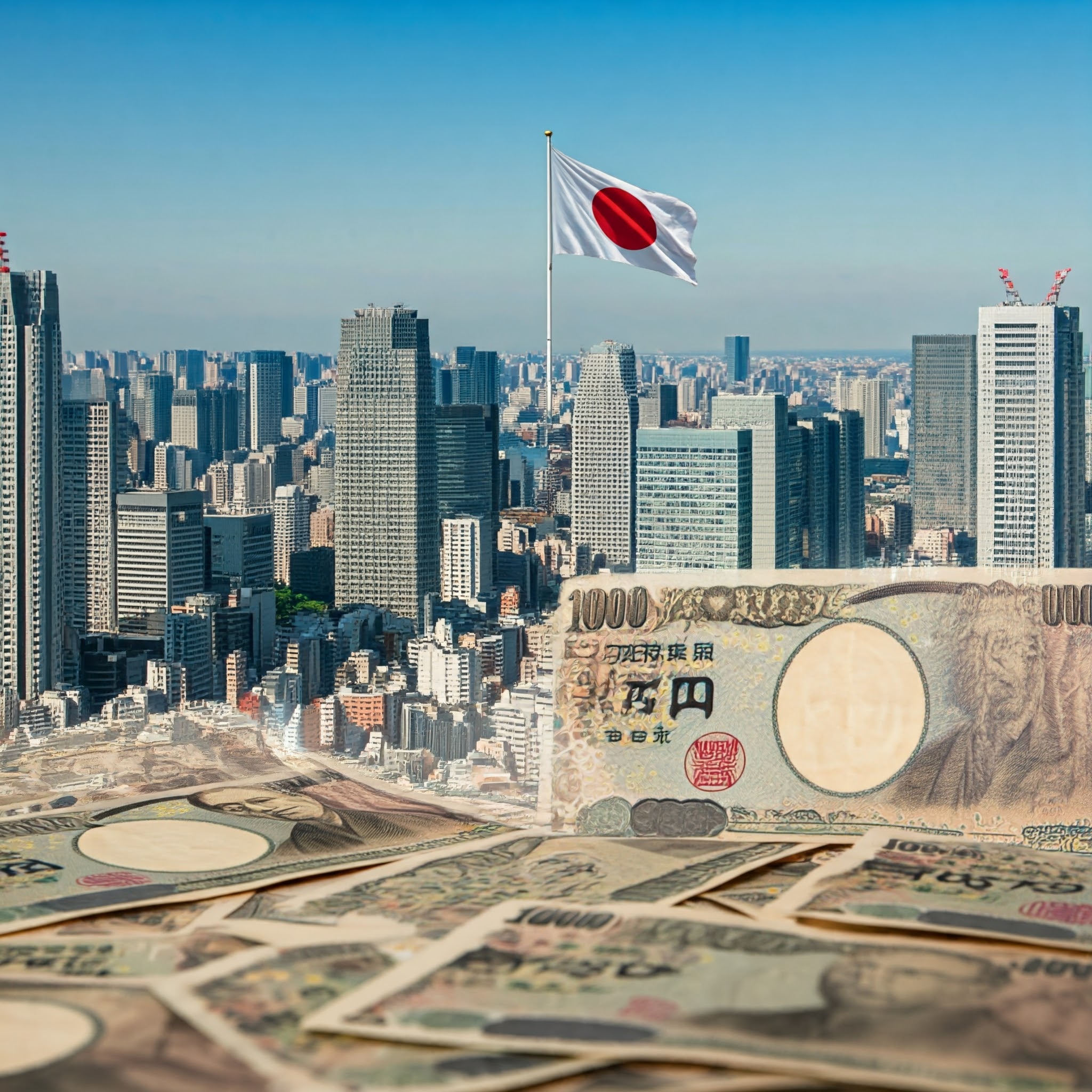Japan could boost the share of renewable energy in its electricity production to 80 percent by fiscal 2035 by expanding the use of storage batteries and enhancing regional power grid cooperation, a Japanese think tank said in a recent study.
Japan could achieve a sharp increase in the share of renewables in its power generation from the 22 percent attained in fiscal 2022, all while working to entirely phase out nuclear and coal power, the Renewable Energy Institute said.
The proposed energy transition is feasible without a significant increase in electricity bills or cuts in industrial activities, the study noted. It assumes that Japan’s power consumption will remain stable despite the growth of industries such as semiconductor production and data center operations due to anticipated improvements in power usage efficiency.
The think tank made the analysis as the Japanese government is drawing up a new energy mix plan next year that will likely include higher dependence on nuclear power to cope with an increase in energy demand.
The institute calls for a hike in the capacity to generate power using renewable energy to about 500 million kilowatts from 150 million kilowatts in fiscal 2022. Infrastructure connecting regional power grids needs to be strengthened in regions between the Tokyo area and Hokkaido, it said.
The country’s storage battery capacity should also be brought up to 72 million kilowatts from the current 1.8 million kilowatts to store electricity from solar power generation, it said.
The remaining 20 percent of energy demand could be met by power generation using natural gas, which emits less greenhouse gases than other fossil fuels when burned, the think tank said.
The proposed energy transition aims to reduce Japan’s carbon dioxide emissions by 65 percent from 2019 levels, a target identified by a U.N. panel as necessary for each country to limit global temperature increases to 1.5 C above preindustrial levels.
The Tokyo-based organization was established in 2011 by Masayoshi Son, CEO of SoftBank Group Corp., shortly after a massive earthquake devastated northeastern Japan and caused meltdowns at the Fukushima Daiichi nuclear power plant.
Source: World Energy
Legal Notice: The information in this article is intended for information purposes only. It is not intended for professional information purposes specific to a person or an institution. Every institution has different requirements because of its own circumstances even though they bear a resemblance to each other. Consequently, it is your interest to consult on an expert before taking a decision based on information stated in this article and putting into practice. Neither Karen Audit nor related person or institutions are not responsible for any damages or losses that might occur in consequence of the use of the information in this article by private or formal, real or legal person and institutions.






